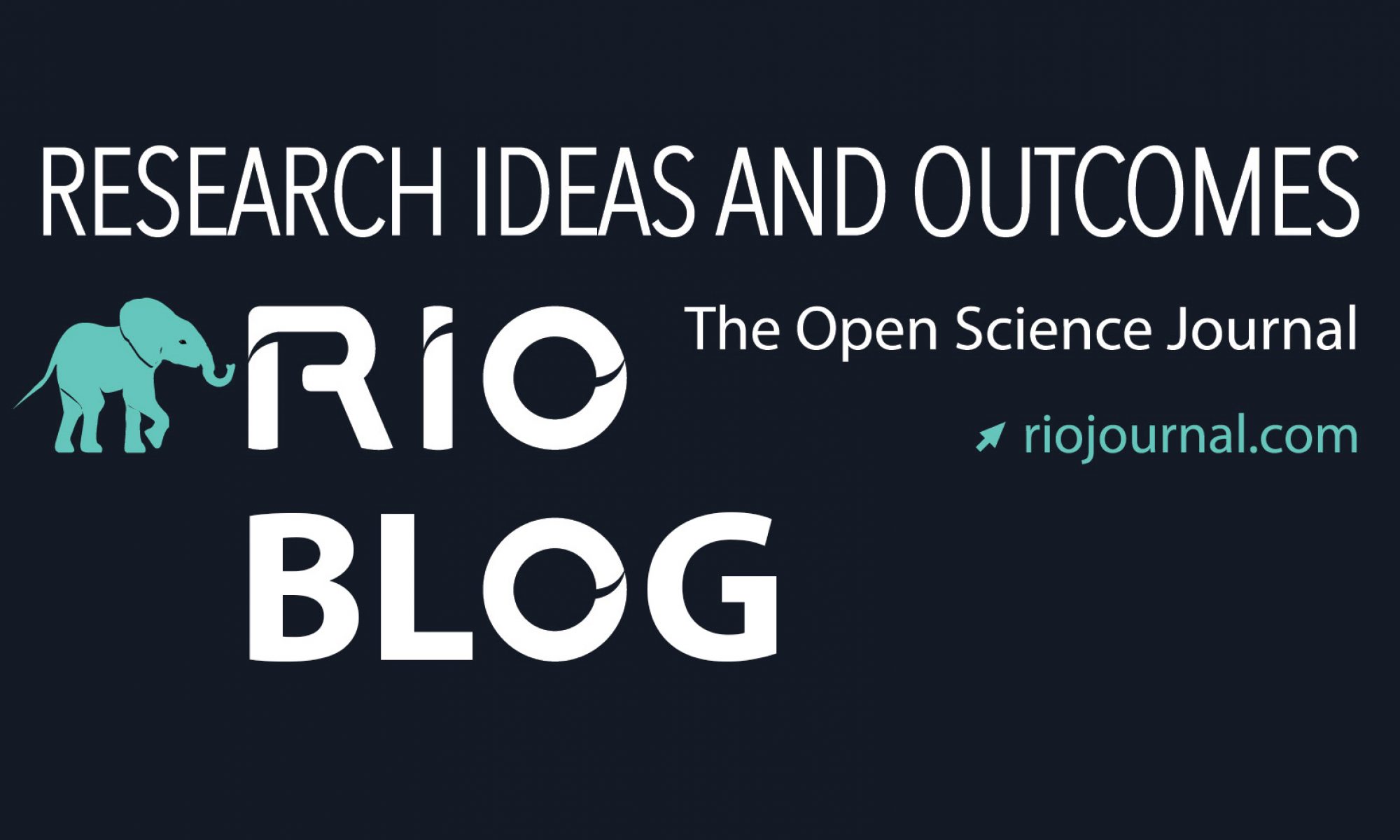This week, FORCE2016 is taking place in Portland, USA. The FORCE11 yearly conference is devoted to the utilisation of technological and open science advancements towards a new-age scholarship founded on easily accessible, organised and reproducible research data.
As a practical contribution to the scholarly discourse on new modes of communicating knowledge, Prof. Cameron Neylon, Centre for Culture and Technology, Curtin University, Australia, and collaborators are to publish a series of outputs and outcomes resulting from their ongoing data sharing pilot project in the open access journal Research Ideas and Outcomes (RIO).
Starting with their Grant Proposal, submitted and accepted for funding by the Canadian International Development Research Centre (IDRC), over the course of sixteen months, ending in December 2016, they are to openly publish the project outputs starting with the grant proposal.
The project will collaborate with 8 volunteering IDRC grantees to develop Data Management Plans, and then support and track their development. The project expects to submit literature reviews, Data Management Plans, case studies and a final research article with RIO. These will report and reflect on the lessons they will have learnt concerning open data policies in the specific context of development research. Thus, the project is to provide advice on refining the open research data policy guidelines.
“The general objective of this project is to develop a model open research data policy and implementation guidelines for development research funders to enable greater access to development research data,” sum up the authors.
“Very little work has been done examining open data policies in the context of development research specifically,” they elaborate. “This project will serve to inform open access to research data policies of development research funders through pilot testing open data management plan guidelines with a set of IDRC grantees.”
The researchers agree that data constitutes a primary form of research output and that it is necessary for research funders to address the issue of open research data in their open access policies. They note that not only should data be publicly accessible and free for re-use, but they need to be “technically open”, which means “available for no more than the cost of reproduction, and in machine-readable and bulk form.” At the same time, research in a development context raises complex issues of what data can be shared, how, and by whom.
“The significance of primary data gathered in research projects across domains is its high potential for not only academic re-use, but its value beyond academic purposes, particularly for governments, SME, and civil society,” they add. “More importantly, the availability of these data provides an ideal opportunity to test the key premise underlying open research data — that when it is made publicly accessible in easily reusable formats, it can foster new knowledge and discovery, and encourage collaboration among researchers and organizations.”
However, such openness is also calling for extra diligence and responsibility while sharing, handling and re-using the research data. This is particularly the case in development research, where challenging ethical issues come to the fore. The authors point out the issues, raised by such practice, to be, among others, realistic and cost-effective strategies for funded researchers to collect, manage, and store the various types of data resulting from their research, as well as ethical issues such as privacy and rights over the collected data.
###
Original source:
Neylon C, Chan L (2016) Exploring the opportunities and challenges of implementing open research strategies within development institutions. Research Ideas and Outcomes 2: e8880. doi: 10.3897/rio.2.e8880



